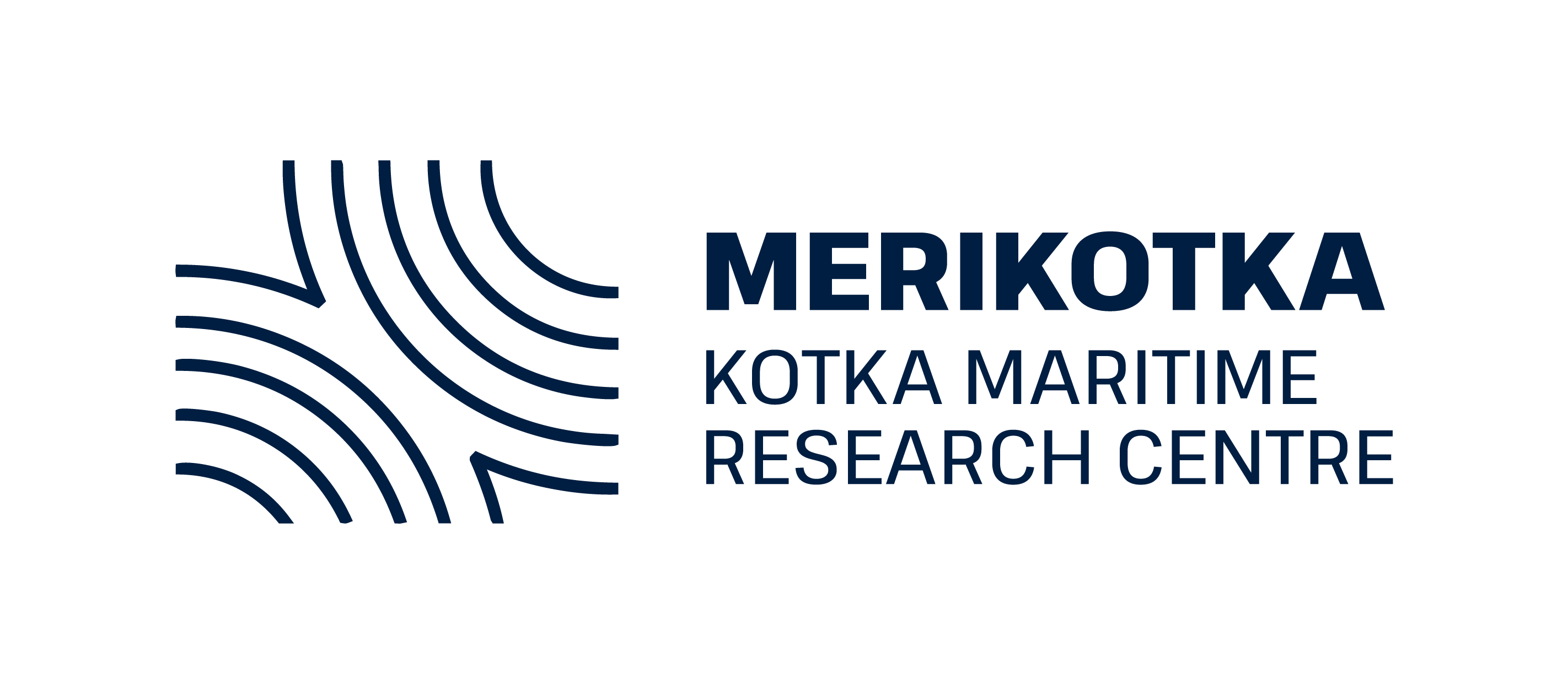Less than half a centimetre in length, dainty and translucent, small gastropods discovered over the past year in the Baltic Sea off the coast of Hamina have received astonished reactions and international interest. The species in question, which has never been observed before, is likely to be an introduced species possibly transported to Finnish waters by maritime traffic. The gastropods were found during field research conducted in the framework of the EU-ENPI-funded Russo-Finnish TOPCONS project, and were also observed in hard seabed samples taken by divers from the Metsähallitus Nature Service and research vessel Muikku. The depth of the discoveries ranged from a few metres to ten metres.
Work undertaken in the context of the TOPCONS project complements a wider-ranging project (the VELMU programme) mapping the biodiversity of Finland’s underwater marine environment.
Genetic testing and morphological analysis carried out by international experts on marine gastropods could not, however, connect the new discovery to any known species, implying that the newly found gastropod may be unknown to science. It belongs in the family Murchisonellidae, found in all of the world’s oceans, with some related species also observed in Europe. The closest individual sightings of species belonging to the family in question have been reported in the southern Baltic Sea, around the Danish straits. While the gastropod’s origin remains unclear, this is likely to be a brackish environment, as the water off the coast of Hamina only has a salinity level of about 0.4%. They have so far not been found in comparable environments in the western parts of the Gulf of Finland or elsewhere along the Finnish coast. Off the coast of Hamina, however, dozens of individuals were observed, with population densities of up to 500 individuals per square metre.
A description of the new species is being worked on at the Stockholm Natural History Museum, but is expected to take some time. Experts with knowledge of the gastropod family in question from Japan, New Zealand, Chile, Russia and Ukraine have also been involved.
Picture: Katriina Könönen/Metsähallitus





